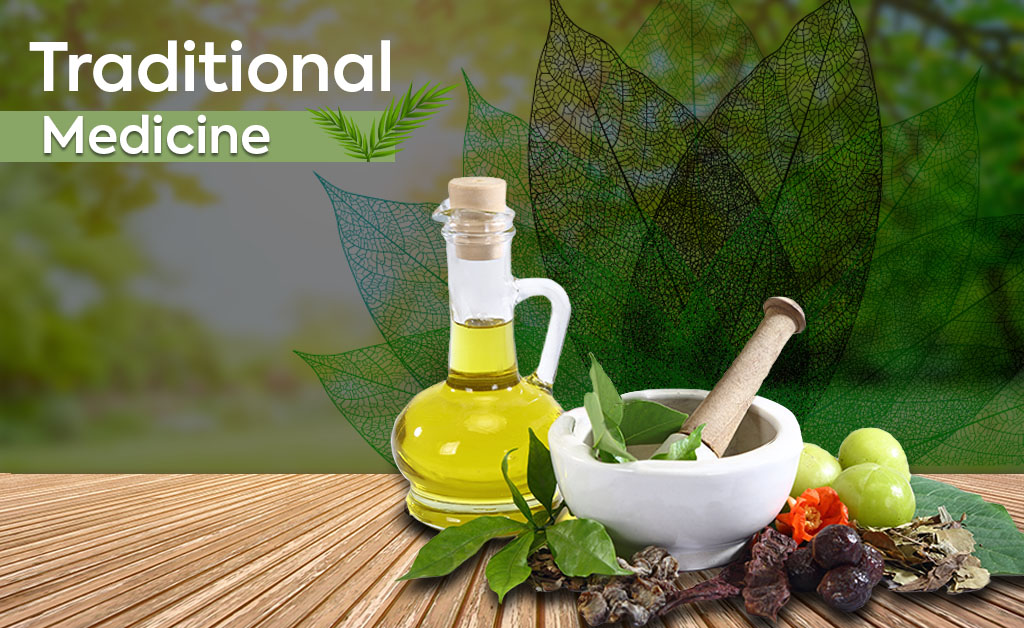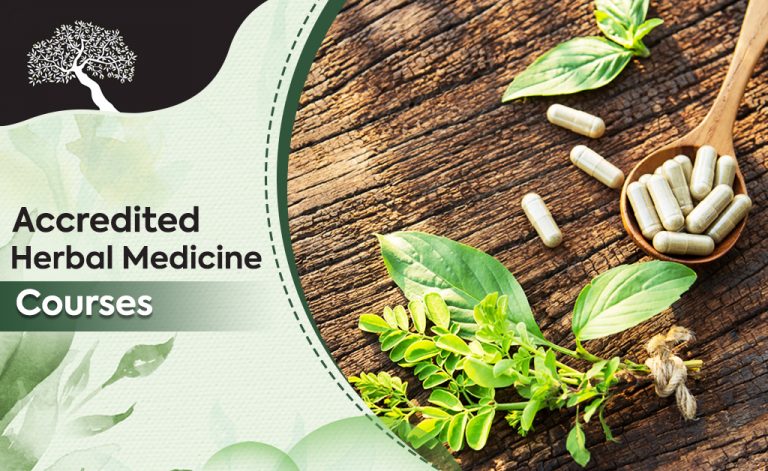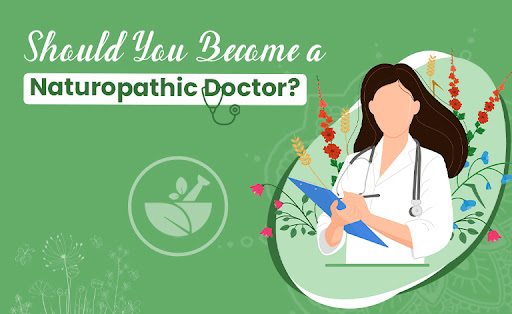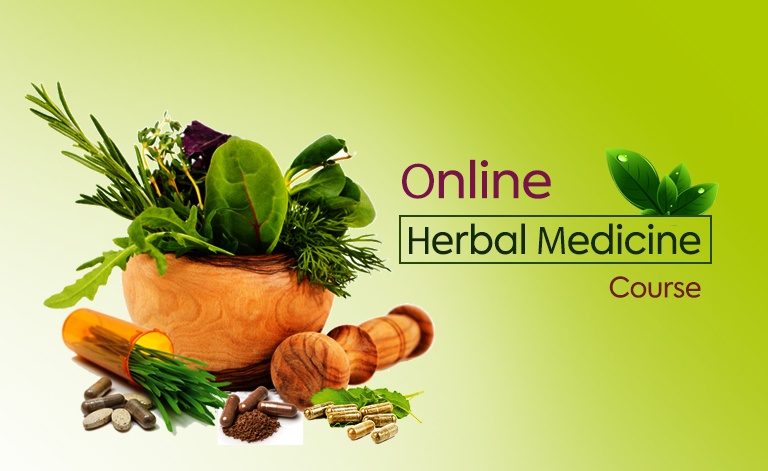Traditional Chinese medicine, traditional Korean medicine, Ayurveda, and Unani are some of the most popular forms of traditional medicines. People used to practise these medical systems across the globe to ensure the well-being of mankind. However, over the course of time, conventional medicine practices have lost their presence in most societies due to the constant pressure of governments and missionaries.
The rapid advancement in medical science and technology has given us modern Western medicine, like allopathic medicine that doctors practise widely. But before the consumption of allopathic medicine, we must understand that they are made of refined and synthetic chemicals. Due to this reason, many people who consume allopathic medicine daily often suffer from drowsiness, diarrhoea, stomach upset, and other side effects. Traditional medicines, on the other hand, mostly incorporate minerals and plant-based medicines that are less invasive but equally effective. In fact, UN agencies like the World Health Organization (WHO) also recognise the health benefits of traditional medicines.
This post aims to shed light on the potency of traditional medicine in general and Unani in particular. So, continue reading to learn how traditional medicines can still impact the modern world.
Effectiveness of Traditional Medicines
Traditional medicine is the collective product of skills, ideology, knowledge, and practices based on the beliefs and theories that have originated from different native cultures. Some traditional medicine practices are supported by theoretical concepts, case studies, records, and literature, while others pass down from one generation to another in the form of oral teaching. In many parts of the world, people still rely on their own conventional medicine system to meet their essential health care needs. Traditional medicines are also a cost-effective choice over modern medicines.
People also refer to this medicine system as an alternative or complementary medicine when it is adopted by patients, doctors, or policymakers outside of their traditional culture. The traditional medicines take a holistic approach to treating a wide variety of disorders in three-levels: physical, psychological, and spiritual. Along with emphasising disease prevention, holistic treatment also encourages individuals to bring positive lifestyle changes. It helps to gain a balance in all aspects of life.
A Glimpse of Unani Medicine – Tibb
Yunani or Unani medicine is a form of traditional medicine that has originated in the Perso-Arabic region. The believers of Muslim culture in Central and South Asia were the initial users of Unani medicine. Since the World Health Organisation has started to acknowledge and promote traditional medicine, Unani Tibb is rising gradually in terms of interest and number of believers. Now you can see wide adoption and utilisation of Unani medicine even in European and American countries.
We hope the potency of traditional medicines and the effectiveness of Unani medicine are now apparent to you. The College of Medicine and Healing Arts provides authentic training of Unani Tibb, which is incorporated with modern medical knowledge. After completing your diploma with us, you will obtain a practitioner’s licence, which will allow you to practise Unani medicine within the UK legislation.
So, what are you waiting for?
Enrol on our 3-year practitioner diploma programme and land your career in the rising sector of traditional medicine. You can also opt for our courses to improve your and your family’s health and fitness.
If you’re willing to embrace a career in psychotherapy, don’t wait. Contact us +44 (0)116 273 8614 0r send your queries by email at info@comha.org.uk



